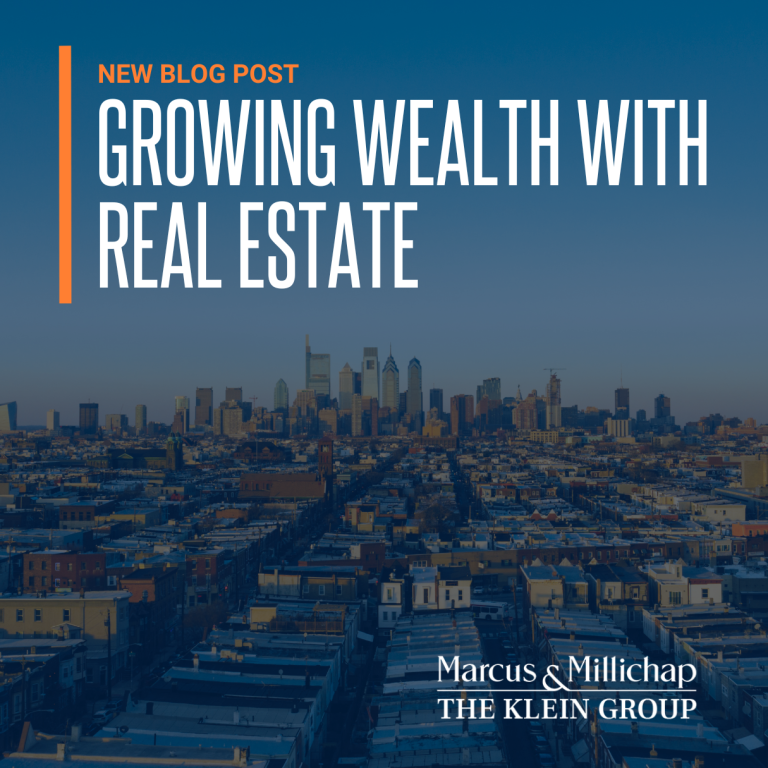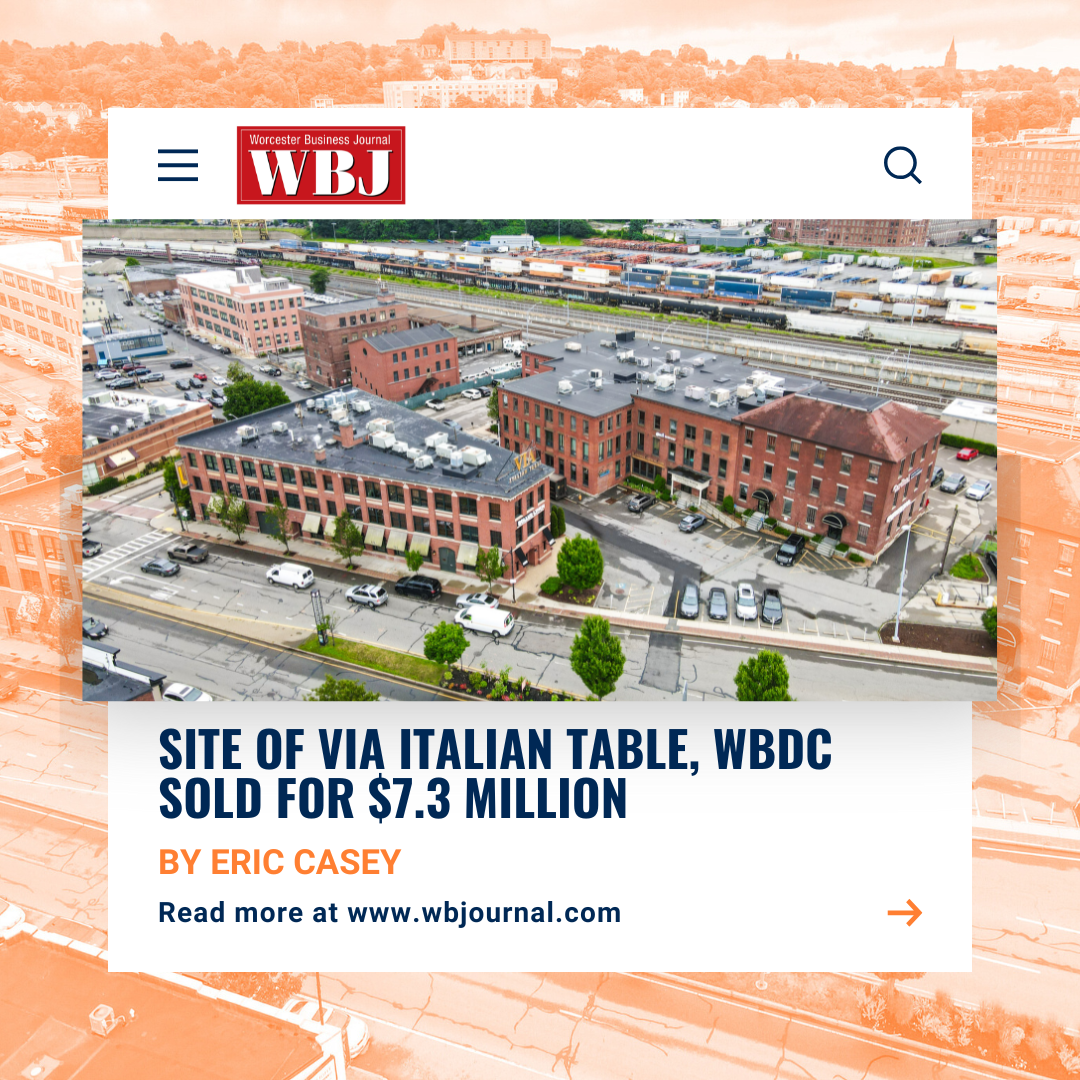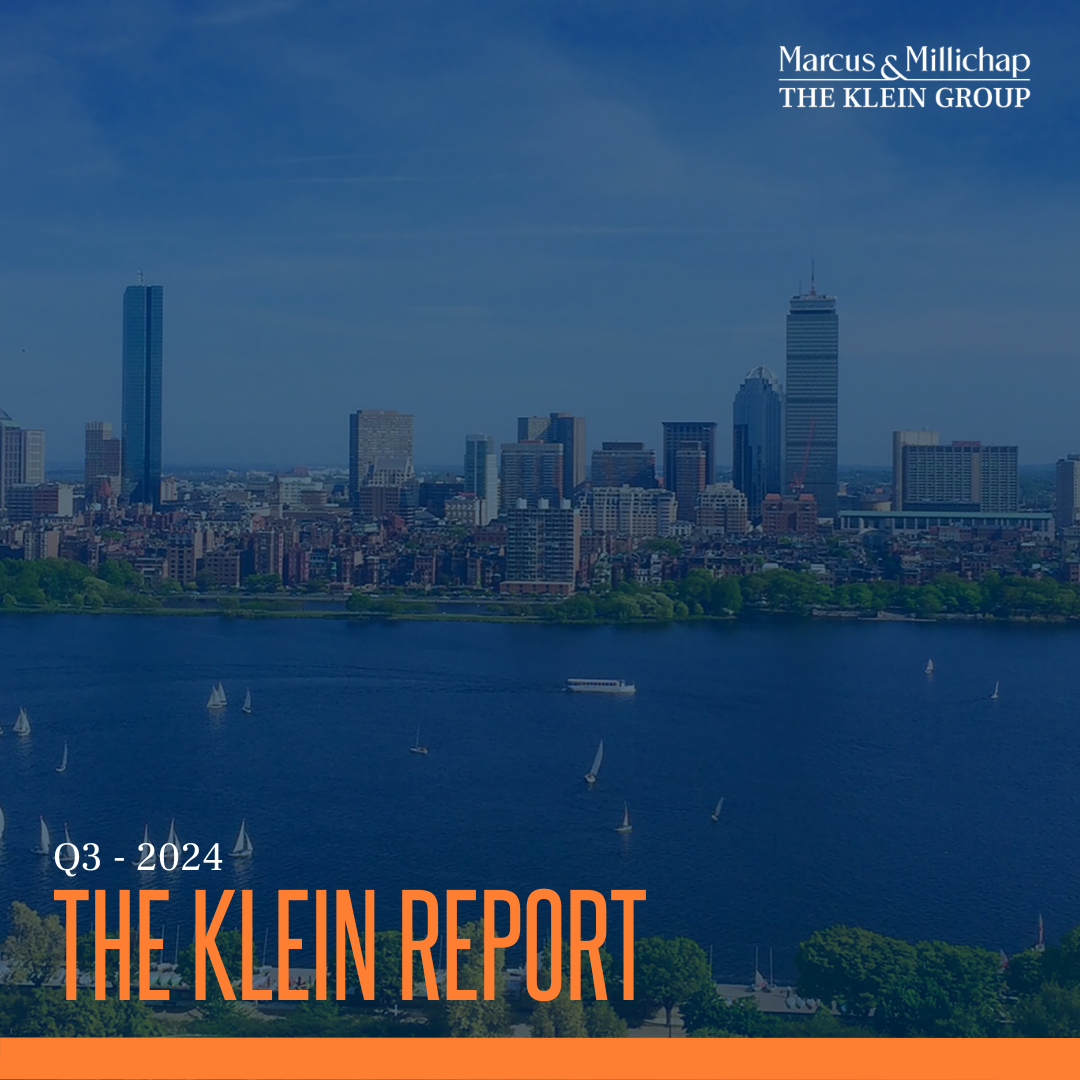My job allows me to speak daily with people who have achieved financial freedom through real estate investing. This is usually achieved over 10+ years with relatively minor individual investments. I’m a numbers guy and wanted to look at what it would take to reach financial freedom in ten years by consistently investing in real estate. I assumed a successful 35-year-old who had been saving for a decade already and had significant equity in their home (total of $850K in assets).
Long story short, by investing $130K annually into real estate, this person could be generating $300,000 in passive income in ten years. Perhaps this means early retirement and travel. For me, it would mean never missing a little league game, field trip, or family vacation. $300,000 per year would allow you to continue living an upper-middle-class lifestyle in nearly any major city in America.
How does this work? You need to be earning a lot of money and not living large. I’m assuming you invest $130,000 into real estate every year. You will also be reinvesting 100% of the cash flow coming from your existing properties. You’d need a before-tax income of around $500,000 to realistically make this work. $175,000 for taxes, $145,000 to live on, and $130,000 to invest. You must earn like a doctor and live like a teacher.
What you invest in will depend on whether you enjoy managing properties, geographic constraints, and access to different investment vehicles. Many successful real estate brokers I know like to invest as limited partners, allowing the general partners to operate the properties. This is often a good strategy for entrepreneurs or others with extremely time-consuming jobs who don’t have the energy to manage real estate. Buying small apartment buildings may be a good fit for you. Perhaps you can buy a 3-10 unit building each year. Once you have 3-4 you can sell them and exchange them into a larger asset. Perhaps you like net leased properties.
I’m utilizing an eight percent rate of return across the entire ten-year period. You should actually do significantly better than this. For example, if you buy a duplex, you might have a 6% cash-on-cash return in year one. However, in most years, the rent should go up a little, the value will increase, and you will pay down your loan. Total returns on real estate in the mid-teens are very common.
The beauty of this retirement method is that you never need to worry about running out of money. You will not actually be spending the principal. In fact, your net worth will continue to grow organically as you pay down the loans.
Many of my clients actually followed this strategy in the 90s, leveraged the real estate income to enjoy raising children, while letting the loans pay off and values rise. Many of these people today have net worths of over $15 million!
“Today I will do what others won’t, so tomorrow I will do what others can’t.” – Jerry Rice




